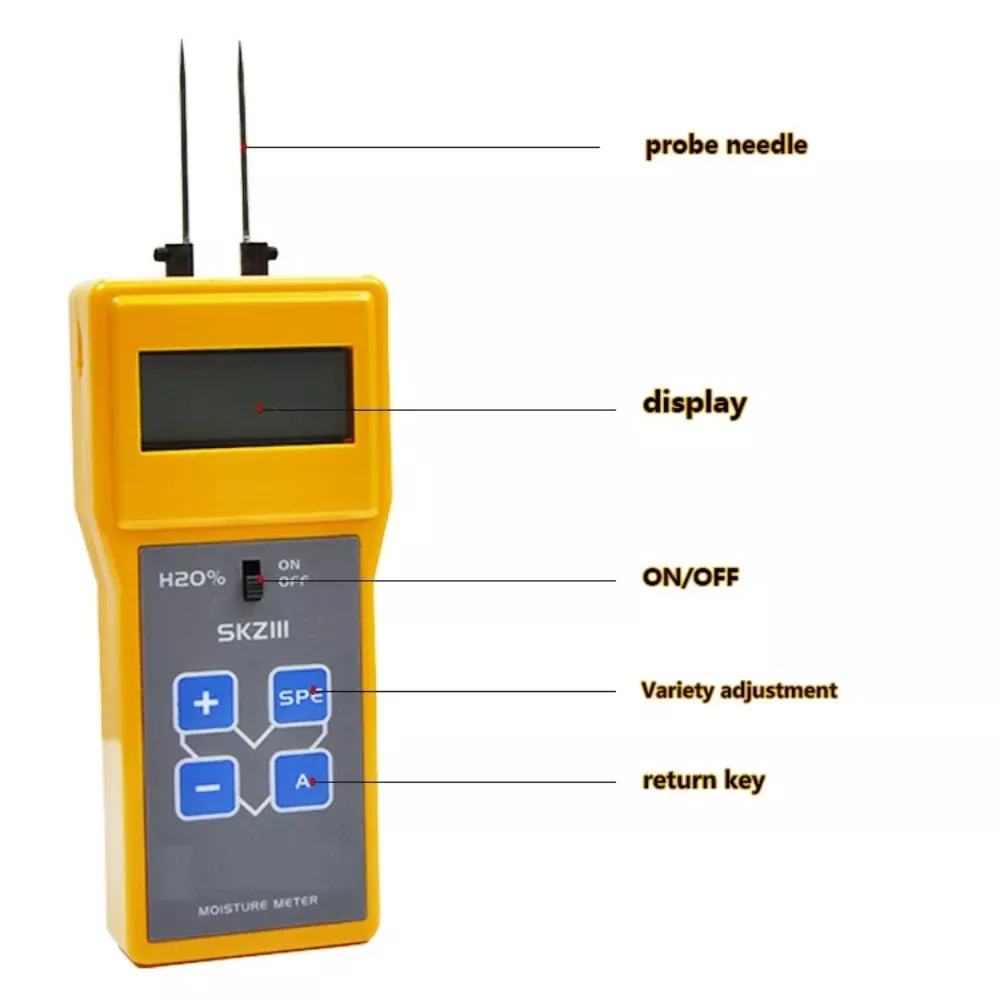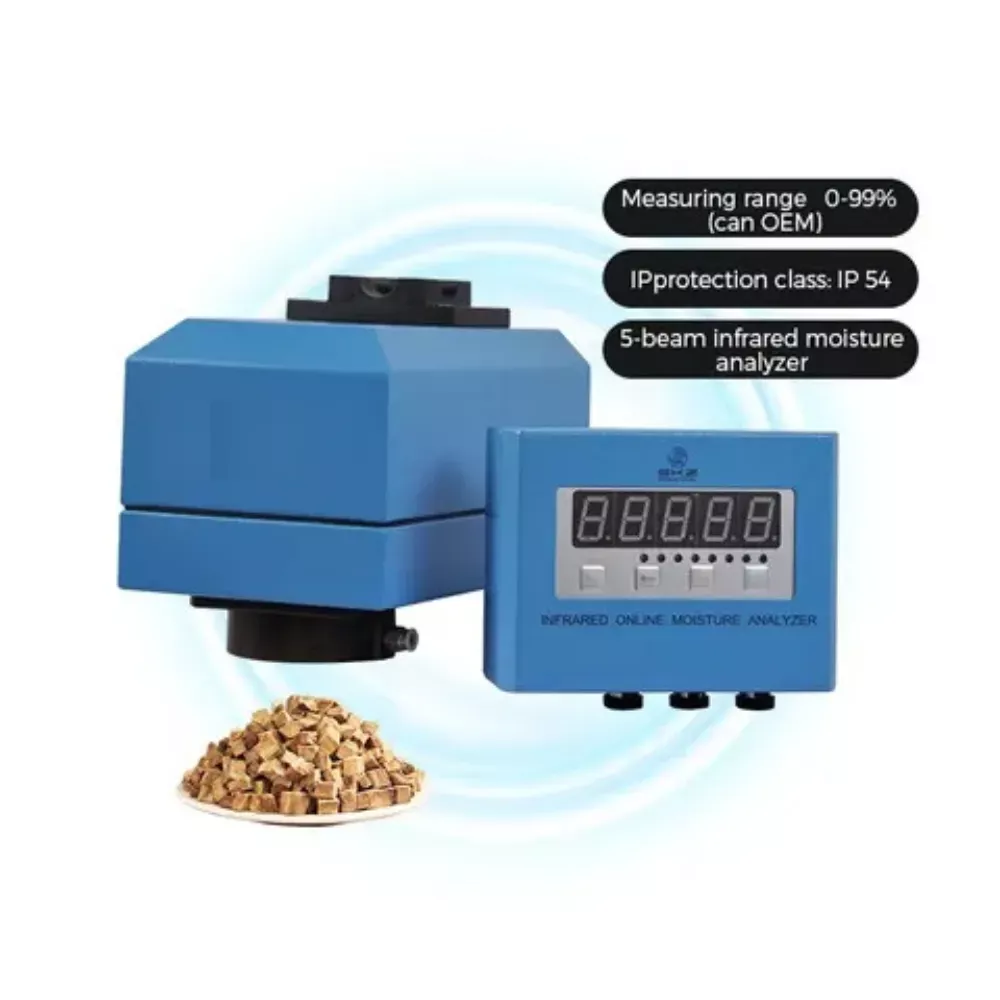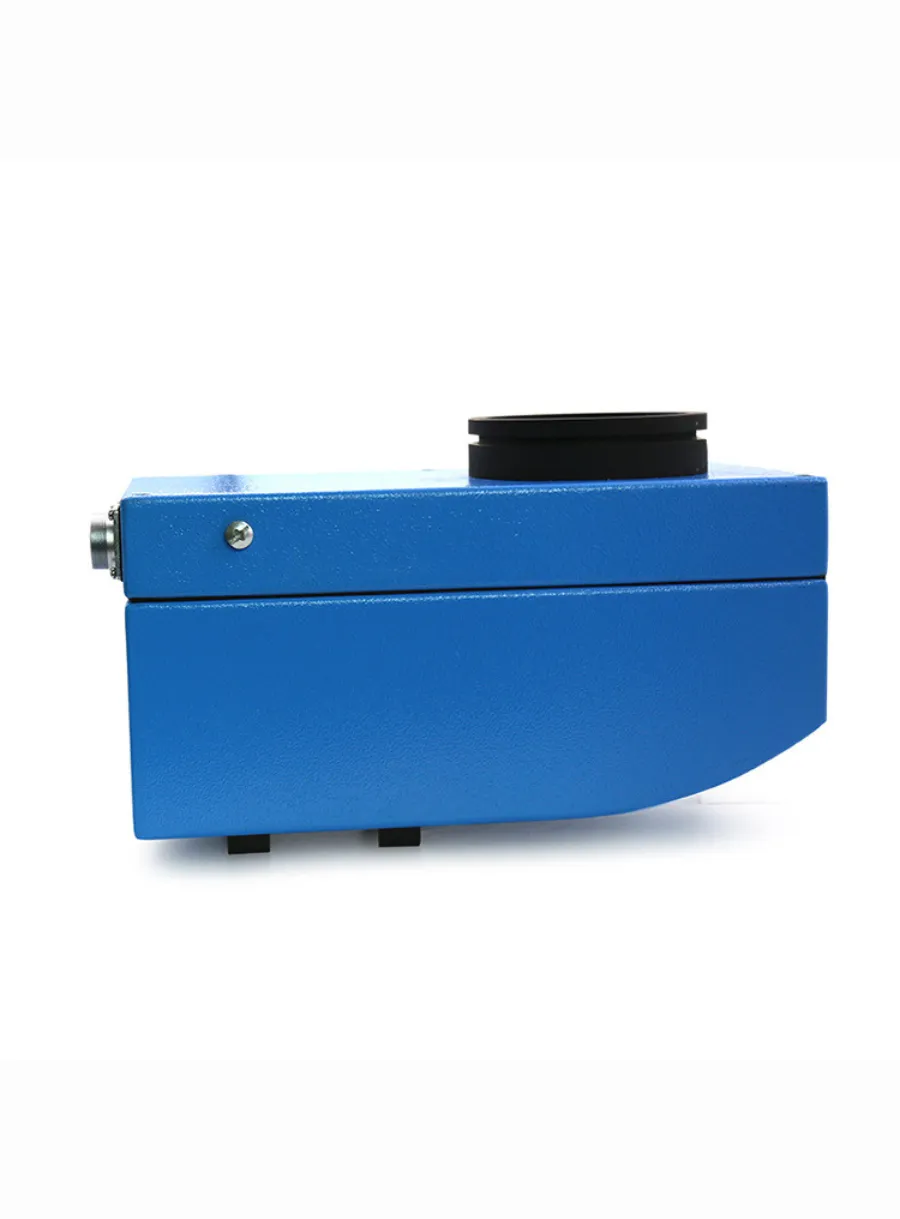
The Importance of Regular Soil Moisture Monitoring
Table of Contents
The Foundation of Plant Health: Understanding Soil Moisture's Vital Role
First and foremost, soil moisture is a critical factor in plant growth and development. Plants require water to perform various physiological processes, such as photosynthesis, nutrient uptake, and transpiration. Therefore, maintaining an optimal soil moisture level is essential for ensuring that plants receive the necessary water they need to thrive.

Precision in Action: How Soil Moisture Meters Empower Informed Decisions
Soil moisture meters play a vital role in helping individuals determine the moisture content in the soil. These devices work by measuring the electrical conductivity of the soil, which is directly related to the amount of water present. By inserting the probe into the ground, the meter can quickly and accurately assess the soil’s moisture level, allowing users to make informed decisions about irrigation practices and other management strategies.
The Multifaceted Benefits of Regular Monitoring: From Plant Health to Water Conservation
Regular soil moisture monitoring is essential for several reasons. Firstly, it helps to prevent overwatering or underwatering of plants. Overwatering can lead to root rot and other diseases, while underwatering can cause plants to wilt and die. By regularly checking soil moisture levels, individuals can ensure that their plants receive the appropriate amount of water, promoting healthy growth and reducing the risk of disease.

Water as a Precious Resource: Using Soil Moisture Data for Efficient Irrigation
Secondly, soil moisture monitoring can help conserve water resources. With the increasing demand for water in agriculture and other sectors, it is essential to use water efficiently. By accurately measuring soil moisture levels, farmers and gardeners can optimize their irrigation practices, reducing water waste and ensuring that every drop of water is used effectively.
Early Detection for Soil Health: Identifying Issues Before They Escalate
Thirdly, regular soil moisture monitoring can help detect changes in soil conditions that may affect plant growth. For example, fluctuations in soil moisture levels can indicate issues such as compaction, poor drainage, or changes in soil composition. By keeping track of soil moisture levels, individuals can identify these problems early on and take corrective action to maintain healthy soil conditions.
Advancing Scientific Knowledge: Soil Moisture Data's Role in Research
Lastly, soil moisture monitoring is crucial for research purposes. Scientists and researchers use soil moisture data to study the effects of climate change on agriculture, develop new irrigation techniques, and improve our understanding of plant physiology and soil ecology. By providing accurate and reliable soil moisture measurements, soil moisture meters contribute to advancements in agricultural science and help to address global challenges related to food security and environmental sustainability.
Comments
Tags
Frequently Asked Question
The frequency depends on factors like weather, plant type, and soil type. Generally, checking every 2-3 days during dry periods is a good starting point.
Overwatering signs include wilting despite moist soil, yellowing leaves, and a foul odor from the soil. Underwatered plants will have dry soil, wilting leaves, and stunted growth.
Monitoring soil moisture is still crucial, as rainfall can be unpredictable, and different soil types retain water differently.
Yes, there are many budget-friendly yet effective soil moisture meters available for home use.


